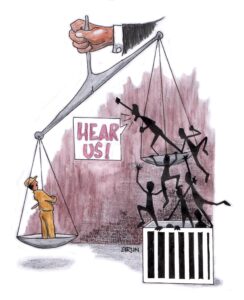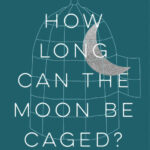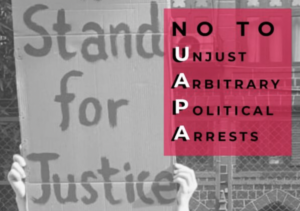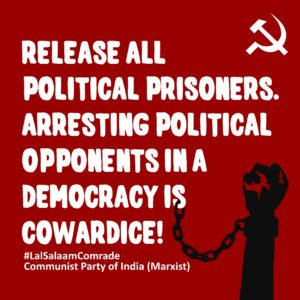Protests across Maharashtra denounce the Public Security Act as unconstitutional and anti-democratic [picture galleries]
10/09/2025
Sabrangindia / by Sabrangindia
Opposition, rights groups, and people’s movements unite to call it an “anti-people, anti-democratic law”
A wave of protests swept across Maharashtra today as opposition parties, civil society organizations, and grassroots groups came together to denounce the recently passed Maharashtra Public Security Bill, branding it a “Public Oppression Bill.” Demonstrations took place in Mumbai, Pune, Kolhapur, Solapur, Palghar, Beed, Hingoli, Dhule, Gadchiroli, Gondia, and several other districts, marking one of the largest coordinated state-wide agitations in recent years.
Read more
PSA a bid to criminalise varied organisations: Sudha Bharadwaj
31/08/2025
Hindustan Times / by HT Correspondent
Bharadwaj was among the speakers at a webinar organised by All India Inquilabi Youth and Students Alliance (ALIYSA) and National Alliance of People’s Movements (NAPM) along with senior advocate Mihir Desai and activist Ulka Mahajan
Human rights lawyer Sudha Bharadwaj said on Saturday that it was a great thing that the civil society in Maharashtra had already begun protesting against the Maharashtra Special Public Security Act, passed by the state’s legislative assembly in its recently concluded monsoon session.
Read more
Maharashtra Special Public Security Act, Pre-Emptive Criminalisation And Indefinite Surveillance
22/08/2025
Outlook / by Anand Teltumbde
The MSPSA gives the state-corporate nexus the legal means to suppress participatory democracy under the guise of public security.
On July 10, 2025, the Maharashtra Vidhan Sabha passed a revised version of the Maharashtra Special Public Security Act (MSPSA), exactly one year after the original draft was introduced on July 11, 2024, by the Shiv Sena-BJP coalition under Chief Minister Eknath Shinde. Initially framed as a response to the perceived threat of “urban Naxalism”, the Bill claimed to address the alleged infiltration of Maoist ideology into urban areas through affiliated organisations offering logistical support and shelter to underground cadres.
Read more
Also read:
▪ Civil society gears up to protest Public Security Bill (Hindustan Times / Sep 2025)
▪ Maharashtra Special Public Security Act, Pre-Emptive Criminalisation And Indefinite Surveillance (Outlook | by Anand Teltumbde | Aug 2025)
▪ New Maharashtra Security Law Open To Abuse, Threatens Rights; Say ‘No’ To It (Deccan Chronicle / Aug 2025)
▪ Insecurity By Law: A Critique of the Maharashtra Special Public Security Bill in the Context of India’s Banning Regime (PUDR / Jul 2025)
▪ Maharashtra: Activists, Lawyers Added to ‘Union War Book’, Listed as ‘Enemies of the State’ (The Wire / Jul 2021)












